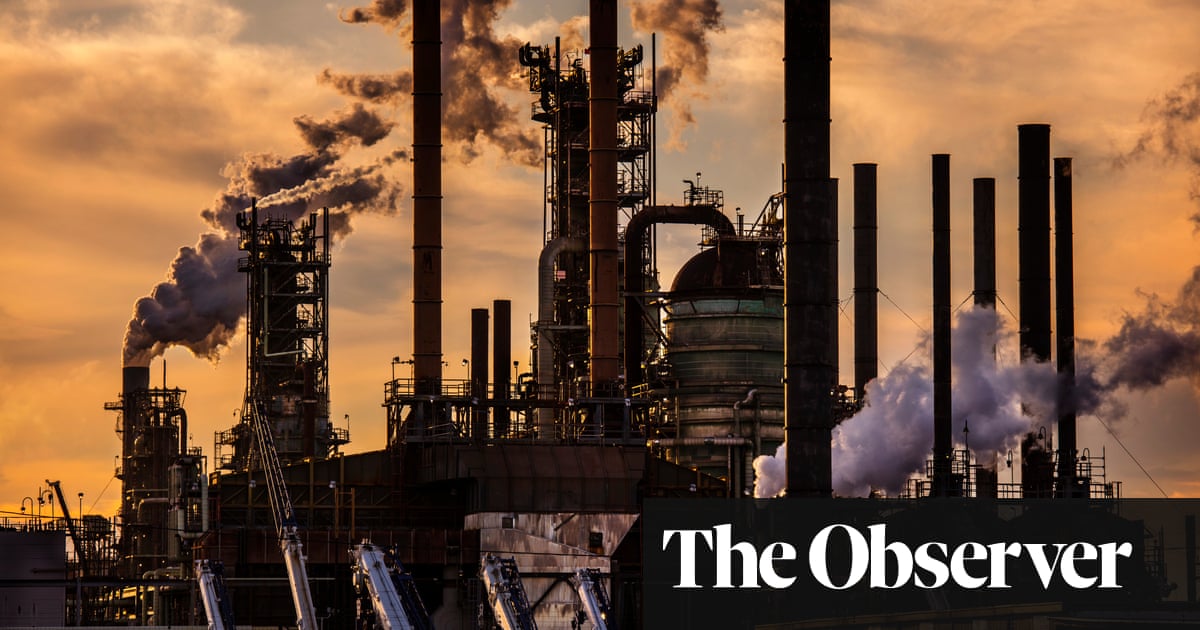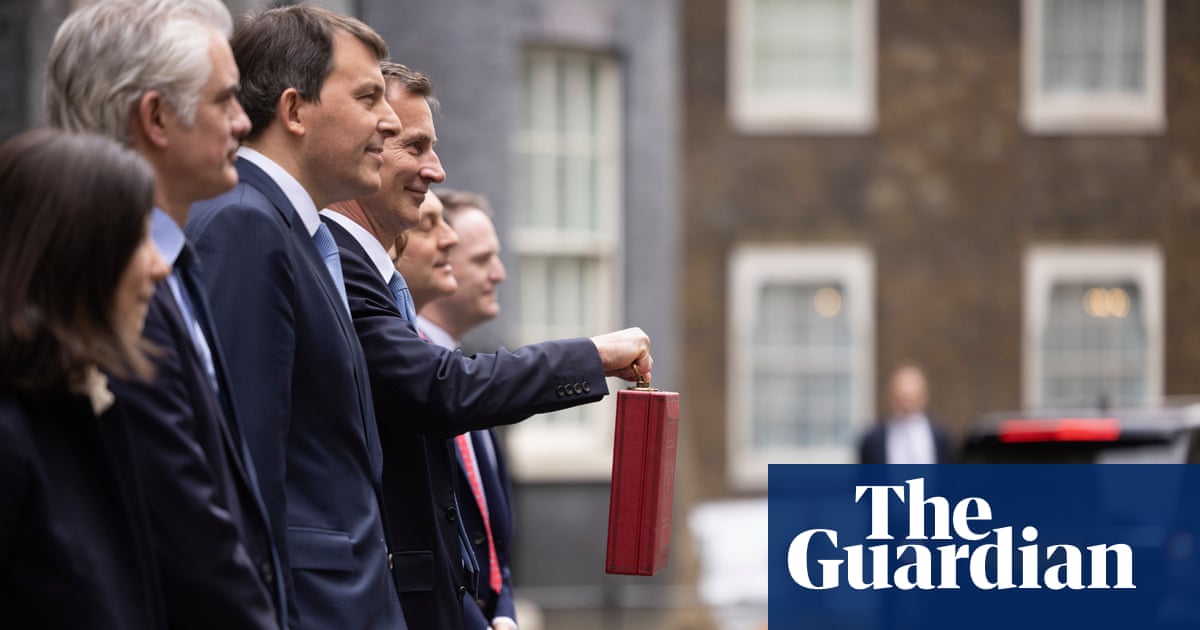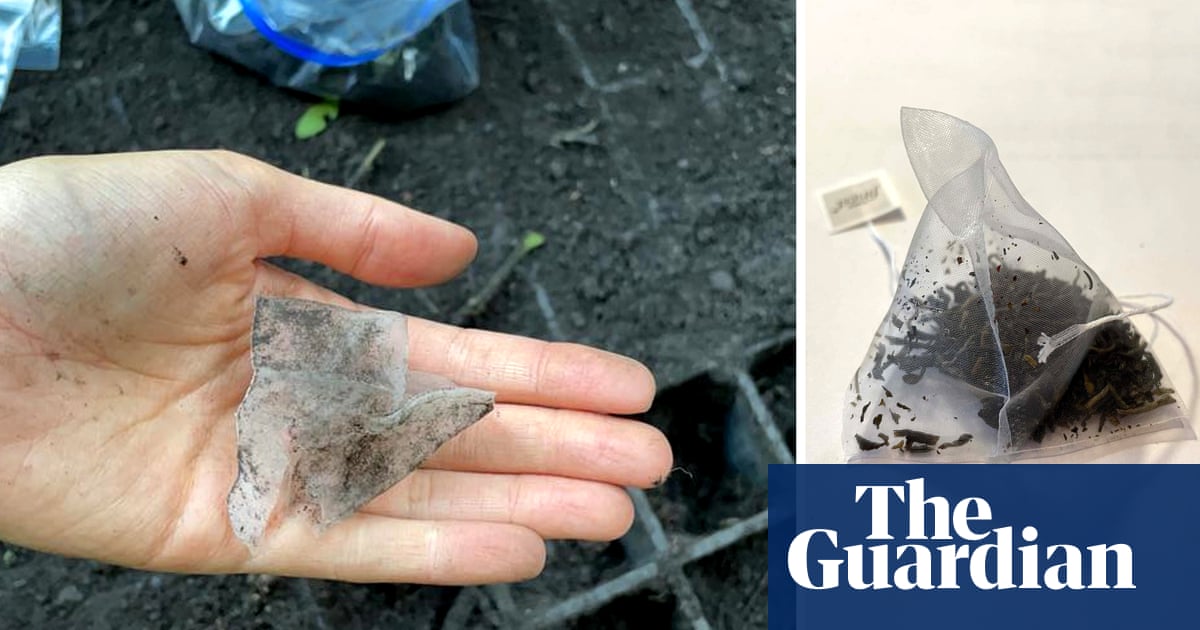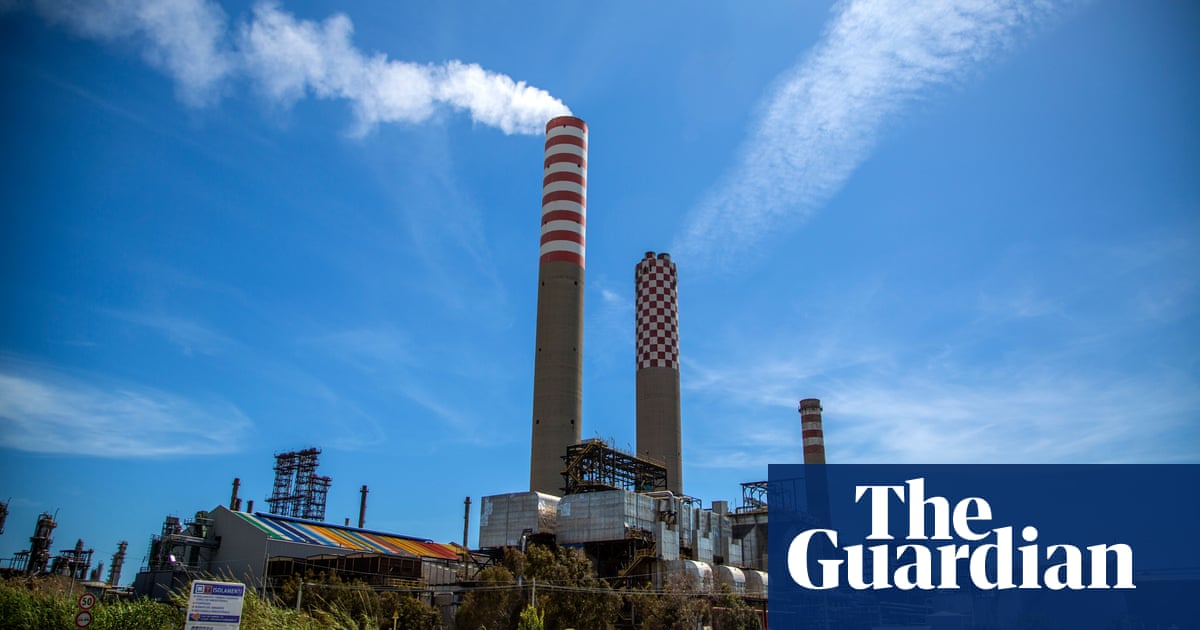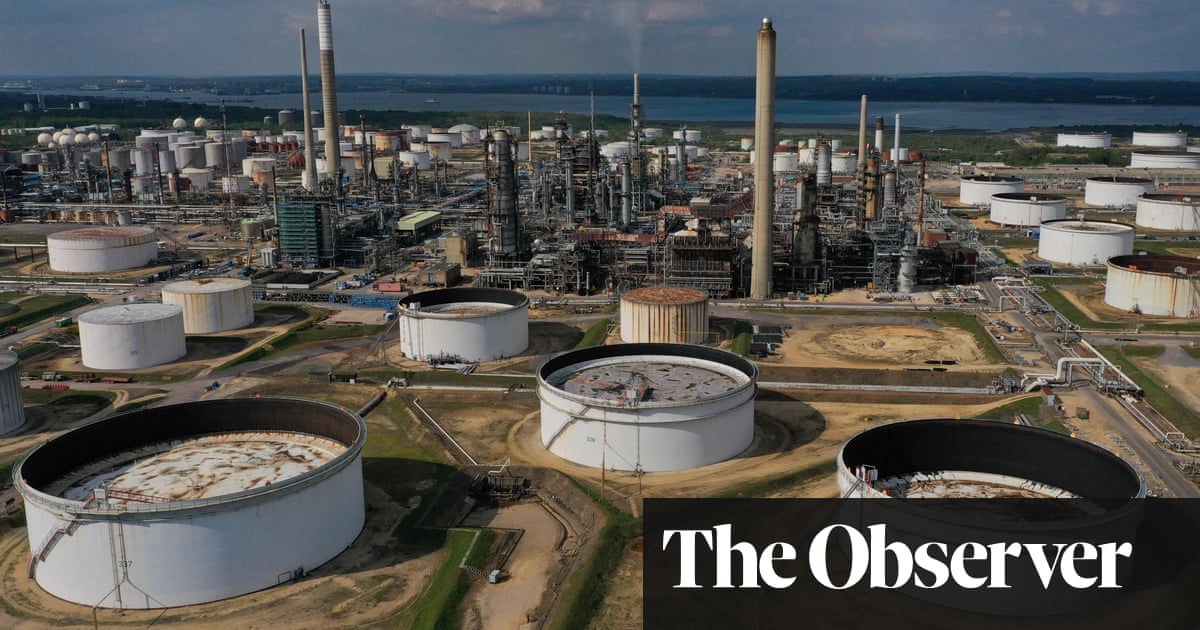
Motorists concerned about the impact on the planet of petrol and diesel cars may be comforted by Esso’s marketing campaign on “thoughtful driving”.
One of its most eye-catching initiatives is a proposal to trap carbon dioxide at a vast oil refinery and petrochemical complex on the south coast and store it under the seabed of the English Channel.
The oil refinery at Fawley, a village in Hampshire, is operated by the US firm ExxonMobil, Esso’s parent company. The oil firm says the scheme will mean drivers can “fill up with less impact” and make “a major contribution to the UK’s move to net zero”.
But now the oil giant faces allegations of greenwashing as an investigation by openDemocracy reveals that the project may never get off the drawing board. It hasn’t received a licence or government support, and the company has not committed any of its own money to build it.
Paul Greenwood, Exxon’s UK boss, has said a 2030 target to complete a first phase of construction may be hit only “if you wave a magic wand”.
Doug Parr, chief scientist for Greenpeace UK, said carbon capture and storage was hailed by the oil industry as a “miraculous silver bullet”, but had failed to deliver. “Carbon capture and storage does not appear to be much closer to reducing carbon emissions, or being affordable, than it did 20 years ago,” he said. “This scheme stands out as greenwashing.”
Carbon capture and storage (CCS) involves isolating and trapping CO2 emissions where they are produced – such as at a power station, refinery or incinerator. The captured gas can either be used to make products, such as synthetic fuel or fizzy drinks, or it can be transported by pipeline or ship to a permanent storage site deep under the seabed.
But the technology has developed “at a snail’s pace”, according to analysts. There were just 41 CCS plants operating globally by the end of last year, none of them in the UK. Collectively, they captured about 0.1% of annual global CO2 emissions. Four industrial “clusters” in Scotland, north-west England, Teesside and the Humber have been selected for funding by the UK government, but final investment decisions have not been made on any of the schemes.
Exxon’s plans for Fawley would see the company build a new “blue hydrogen” plant, which manufactures low-carbon hydrogen. The company claims it would capture 2.7m tonnes of CO2 each year from the process. A Solent Cluster report funded by the company claims it could “begin operations” in 2030.
The report also claims that the CO2 captured at Fawley would be piped under the seabed somewhere off the Isle of Wight.
However, Exxon is yet to secure either a carbon storage licence for the English Channel site or government support for the project. The Solent Cluster, which Exxon co-founded, applied unsuccessfully for government funding for the Fawley scheme last year.
Exxon helped launch the report in the House of Commons last month, at an event attended by the energy minister Martin Callanan. At the event, Greenwood was asked whether his company would be able to fulfil its claim that it could start capturing CO2 at Fawley by 2030.
“We are not there yet,” he replied. “It depends on when you go through the investment decision. If you wave a magic wand and say ‘you’ve got all the investment that you need’, then you can hit that kind of timeline.”
Exxon has so far refused to commit its own money to build it and has instead focused investment on increasing diesel production at the refinery, spending £800m to produce an extra 6m litres a day. The refinery is already the largest in the UK and provides fuels for the equivalent of one in every five vehicles on Britain’s roads.
Dustin Benton, policy director of the Green Alliance thinktank and a member of Carbon Capture, Usage and Storage Council, a government-appointed advisory body, said: “[Carbon capture and storage] is likely to be necessary to reach net zero, but the technology can’t be used as an excuse to carry on drilling oil and gas, or expanding the production of petrol and diesel.”
A spokesperson for the Solent Cluster claimed the Fawley project and other carbon capture and hydrogen projects in the area could secure 70,000 jobs.
An Exxon spokesperson said the company was committed to playing a key role in the energy transition. “This transition takes time and is not a linear process, with pace and direction shaped by factors including technology advances, enabling policy, economy and public support.
“We continue to engage positively with government to demonstrate our capabilities and the direct contribution we can make to net zero and are hopeful that these efforts will help The Solent Cluster gain support to deliver its potential.”
This article was amended on 31 March 2024. An earlier version said Exxon had increased diesel production at Fawley to produce an extra 60m litres a day, when 6m litres was meant.





